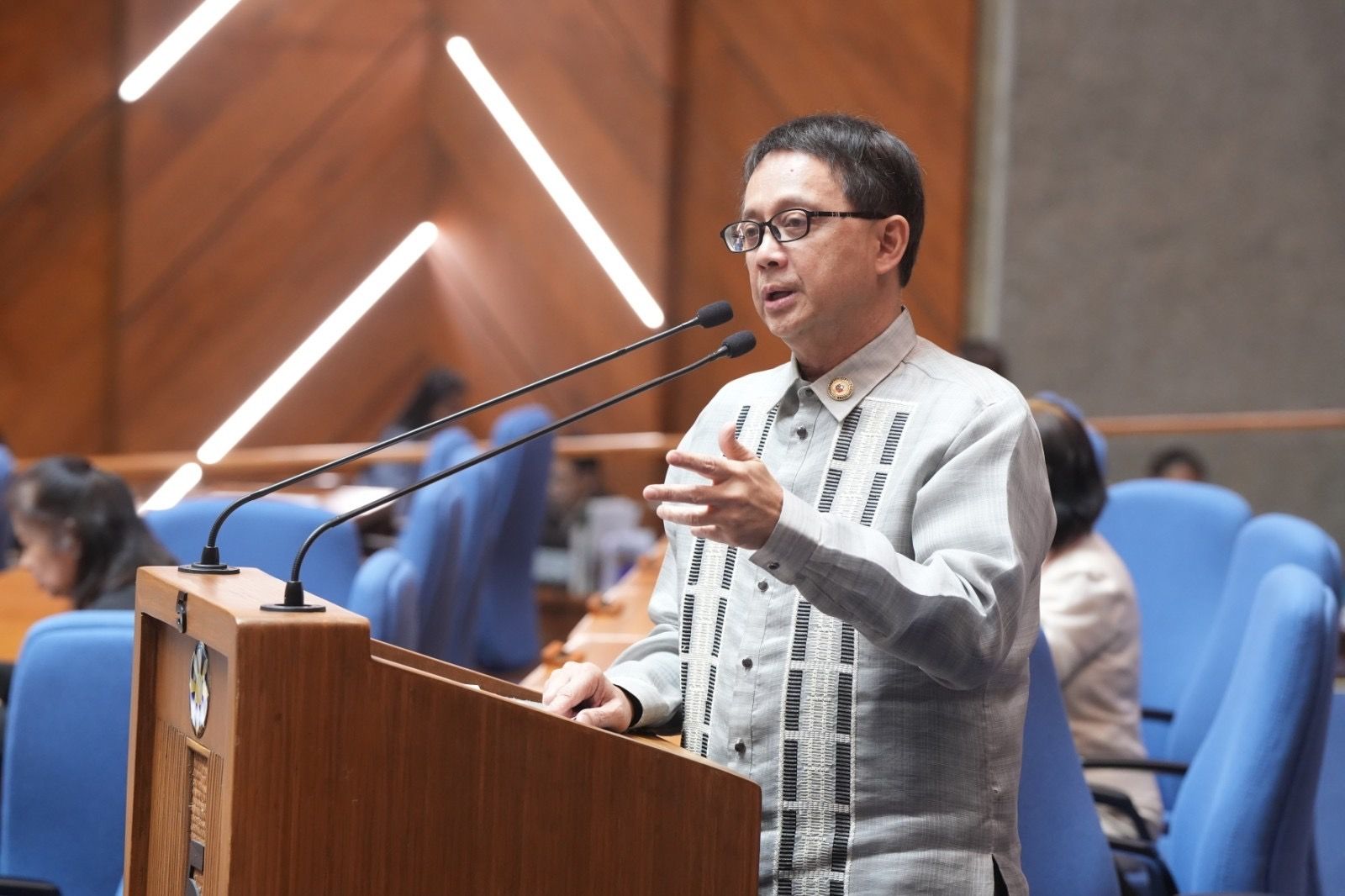Solon flags Comelec's resolution that gives 'undue advantage' to gov't officials
At A Glance
- Senior Deputy Minority Leader and Northern Samar 1st district Rep. Paul Daza claims that the Commission on Elections (Comelec) is providing an "undue advantage" to government officials with its recent resolution about party-list nominees.
 Northern Samar 1st district Rep. Paul Daza (PPAB)
Northern Samar 1st district Rep. Paul Daza (PPAB)
Senior Deputy Minority Leader and Northern Samar 1st district Rep. Paul Daza claims that the Commission on Elections (Comelec) is providing an “undue advantage” to government officials with its recent resolution about party-list nominees.
Daza raised this concern during the plenary debate on Comelec’s proposed 2025 budget on Wednesday, Sept. 18.
“Comelec, with that resolution, essentially now created a new law and is creating an undue advantage for existing current government officials and I think that’s wrong,” the lawmaker said in his interpellation.
Based on Section 11, Rule II of Comelec’s Resolution No. 11045 dated Aug. 28, 2024, “public officials who accept a nomination as a party-list representative may continue to hold office even after acceptance of their nomination”.
“Why did the Comelec deviate from its longstanding position…that if you are a government official, and as prohibited by Article 9 of the Constitution, are prohibited from electioneering or participating in partisan politics,” said Daza.
Lanao del Sur 1st district Rep. Zia Alonto Adiong, the budget sponsor of the Comelec, said the polling body based its resolution on two Supreme Court (SC) decisions.
Adiong cited the case of Penera vs. Comelec, which stated that poll aspirants are only deemed candidates on the first day of the campaign period.
He also listed the case of Abayon vs. House of Representatives Election Tribunal (HRET), which stated that the candidate was actually the party-list and not the nominees themselves.
Daza, however, insisted that the resolution was unconstitutional.
He noted that the SC also ruled that when a nominee for a party-list accepts a nomination, it is already the beginning of partisan politics.
“The Comelec with one resolution essentially reverse that. Which I believe will directly make certain situations untenable, illegal, and unfair,” he stressed.
He warned that a government official, especially--an agency ecretary was had not been deemed resigned--can have the “best of both worlds”.
“Now they can use government resources to campaign for themselves,” the congressman said.
“The fact that Comelec made that decision gives me an impression that Comelec’s judgement on certain aspects is very questionable and suspicious,” he pointed out.
Daza said the country’s polling body has “suspicious” motives for issuing such a resolution.
“I suspect that there will be many incumbent government officials who are planning on running for party-list. And I think that’s just unfair, unjust, and illegal,” he underscored.
With this, Daza asked the Comelec to issue a list enumerating all party-list nominees for the upcoming 2025 mid-term elections who are simultaneously holding positions in government.
Adiong, on behalf of the Comelec, committed to publish such report “for the sake of transparency”.
The Lanao del Sur solon further said that the resolution was not yet set in stone as a new SC decision could eventually cease it.
Earlier this week, lawyer Romulo Macalintal filed a petition before the SC questioning the validity of the Comelec resolution.